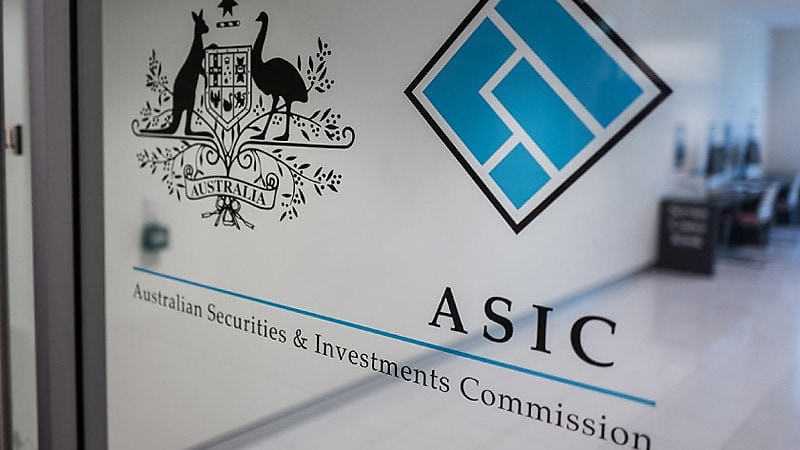ASIC to delay opening portal for adviser registration
ASIC said the opening of the ASIC Connect portal for the registration of advisers will likely be delayed to the second quarter of 2023.
On 1 November 2022, the Minister of Financial Services Stephen Jones announced a six-month delay to the requirement to register financial advisers with ASIC.
The means that financial advisers now need to be registered by 1 July 2023.
ASIC noted that the new registration requirement is separate to the pre-existing requirement for an Australian financial services (AFS) licensee to appoint a financial adviser that they authorise to the Financial Advisers Register.
In a recent statement, the Corporate Regulator said that in light of the Minister’s recent announcement, ASIC has delayed opening the ASIC Connect portal for registration.
“ASIC now expects AFS licensees will be able to register their financial advisers via the ASIC Connect portal in the second quarter of 2023,” it said.
“ASIC will publish guidance in advance of the ASIC Connect portal opening for registration. This guidance material will be accompanied by a set of webinars to assist industry comply with the new registration requirement.”
The registration of financial advisers was originally proposed to occur in two stages — stage one being a one‑off registration process administered by ASIC using the Financial Advisers Register (FAR), with the second stage to commence once the FAR transitions to the ATO as part of the Australian Business Registry Service.
Mr Jones stated that ASIC has been engaging closely with industry about how best to implement stage one, with a view to ensuring the obligation on licensees to register financial advisers operates as efficiently as possible.
“Through this engagement, ASIC has identified ways to improve the operation of the stage one registration process with benefits for licensees,” he said.
“Delaying the requirement for financial advisers to be registered until 1 July 2023 will allow these improvements to be implemented. The registration obligation in stage one will remain with licensees.”








